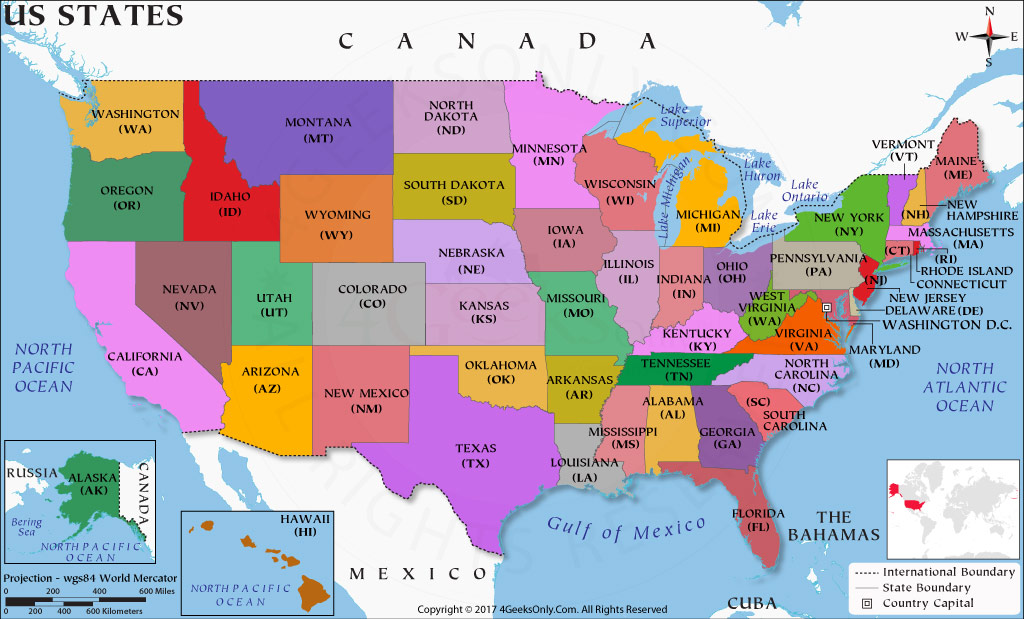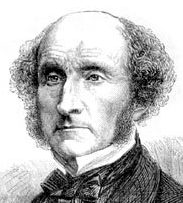These days people have differences of opinion over the most basic questions. It is so bad that it seems as if they cannot agree even over whether the sky is blue. Which leads me to a simple difference of opinion over the basic historical question of who “founded” the United States – Europeans or Native Americans? In one corner of this dispute sits former Senator Rick Santorum. In the other corner rests CNN anchor Don Lemon. Their argument, in the end, is really about the meaning of a simple word. It is an illustration as to how people talk right past each other – intentionally or not – and the inability to hear what the other person is saying.
In this little blog piece, I’ll first lay out the simple debate. Then, I’ll illustrate the difficulty people have recognizing that a single English language word has different meaning, leading to antagonism, personal enmity, and worse. And finally, I’ll answer the historical question.
How Not to Debate
First, the debate. Mr. Santorum maintains that people “came here, mostly from Europe, and they set up a country . . .” In this, he explained, the “country” referenced is the political union expressed in the United States Constitution and its foundational document, the Declaration of Independence of the American colonies.
In the other corner, Mr. Lemon claims that “Europeans did not found this country. The Native Americans had this country before the Europeans came. Yes, the Europeans conquered the country – they colonized it. But they . . . had nothing to do with the founding of this country. . .”
When Is a “Country” Not a “Country”?
Second, the problem of a word with more than one meaning. What, after all, is a “country”? Perhaps to the great surprise of Messrs. Santorum and Lemon, incredible as it may seem, the simple word “country” has more than one meaning – it has more than one usage. And, as is often at the heart of many debating disputes, Mr. Lemon as the rebuttal speaker answered Mr. Santorum’s “country” argument, with a “country” of a different kind.
Can you identify the different meanings of “country” employed in what ultimately became a name-calling playground argument? Let me help just a bit.

One definition of the word “country” is “an indefinite usually extended expanse of land; a region.” It is similarly defined as “the land of a person’s birth.” Mr. Lemon apparently attached himself to these definitions. As an historical fact of no dispute, Native Americans initially possessed the “extended expanse of land” (well before the arrival, and in advance, of Europeans) that later became known as the United States of America. Mr. Lemon is correct, without doubt or equivocation.
But it turns out that there are other definitions “country.” Who could imagine such a thing? The word also means “a political state or nation.” Mr. Santorum attached himself to this definition. As an historical fact of no dispute, Europeans (not Native Americans) wrote and agreed upon the Declaration of Independence. They formed the political state known as the United States of America after a constitutional convention and ratification by the original 13 colonies. Mr. Santorum is correct, without doubt or equivocation.
Who Founded the United States?
What we have here is a “failure to communicate.” Both Mr. Lemon and Mr. Santorum are correct – but they are making different points and are not addressing the positions of the other. The “country” known as the land on which Native Americans resided in North America before Europeans was – at that point in history – the country of Native Americans. Now that’s a fine point to make, yet it has no bearing on question of the day.
The “country’ known as the United States of America, after all, is a political state. The people who created that political state are its founders. And that is the answer to the simple historical question, who founded the United States of America.
(Please follow Junius on Substack at: “Junius Senior on Issues of the Day)
